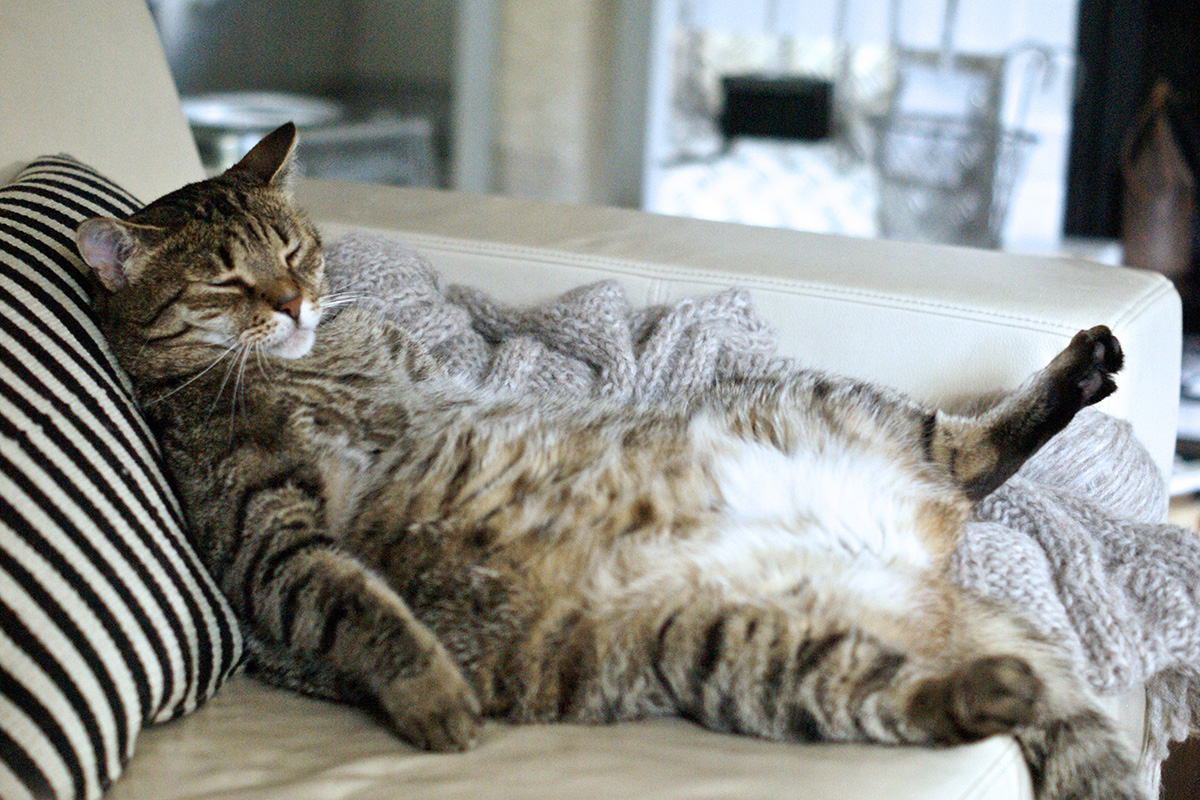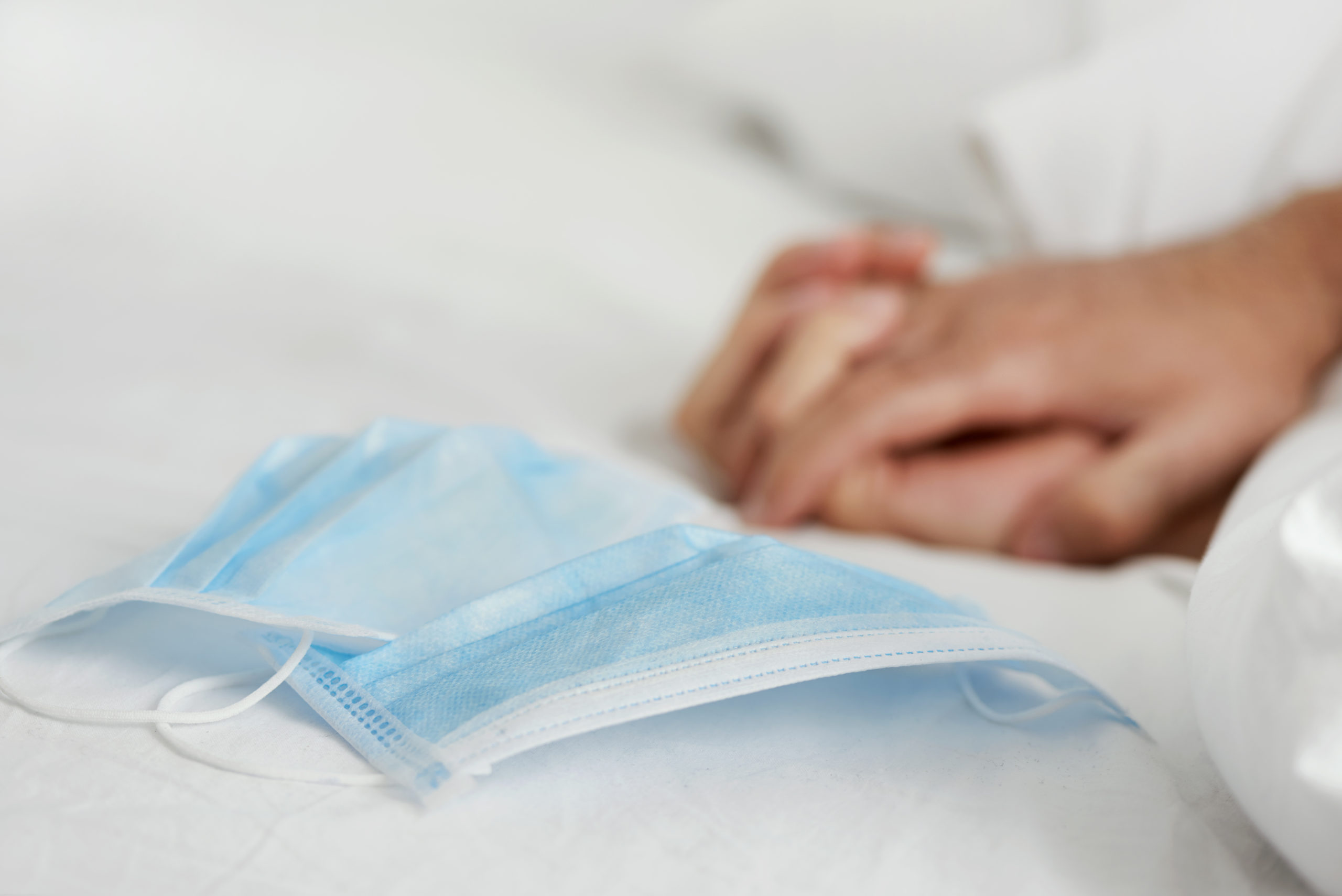Hormone balance is essential to our bodily and mental function. As we age and the menopause comes about our hormones take a plunge and with this comes dramatic physical and psychological changes as we’ve not seen our hormone levels fluctuate this much since puberty. It’s a time where our body and mind can often feel like it’s got a life of its own with weight becoming much harder to manage while mood swing and bouts of forgetfulness become more common.
But the menopause is not a negative milestone that marks the end of our youth. It’s a natural and inevitable part of life and while it may make it more difficult to achieve the physique of your dreams compared to a decade ago, it’s by no means off limits. It’s important to manage expectations, understand your body is changing and embrace it in a healthy way.
In this article, we will discuss how your hormones can affect midlife by giving you simple and very helpful tips along the way.

Jelly Belly
Our bodies naturally react to danger by producing the stress hormone (cortisol) to trigger the release of energy for the fight or flight response. “We are frequently under stress,” says Dr Marilyn Glenville, a nutritionist specialising in women’s health “Our excess cortisol sparks the release of energy in the form of fat and glucose.
This is reverted to fat round your middle, near the liver. From our knowledge, this is so that it can quickly change back into energy if needed. “ To help reduce stress, try some meditation or by listening to some relaxing music says Dr Glenville. “Eat little and often to maintain blood sugar levels as fluctuations can trigger cortisol release.
The hormone fluctuations during the menopause causes stress on your nervous system. Additionally, the way we store fat changed and rather than a much evener distribution fat tends to accumulate around your middle.
What to do:
Eat low glycemic foods such as whole grains, nuts, sweet potatoes which slowly release energy and aid digestion.
Try to reduce as much unnecessary stress from your life as possible. Manage your time better, try meditation apps like headspace or calm if you suffer from an overactive mind. Hit the gym, it’s been scientifically proven to improve mood and reduce stress.
Chubby Face
A chubby face, as well as a droopy neck, could be down to too little thyroxine, a hormone produced by the thyroid gland. An inactive thyroid tends to slow down your metabolism, which may cause bloating. Another symptom is a swollen neck called goitre, where the thyroid gland becomes a visible bump says, Professor Whitehead.
What to do:
Max Tomlinson suggests taking a supplement with selenium, which helps your body use thyroxine more efficiently. “People who get neck fat often work at a desk so use ergonomics to make sure that you sit upright and take breaks.”

Bingo Wings
“We produce a hormone called DHEA (dehydroeplandrosterone), which is converted into testosterone – DHEA helps build lean muscle mass,” says Professor Whitehead. “When testosterone levels drop too low, muscle mass can be replaced with fat.” Testosterone falls dramatically during the menopause, and this fat gain is most noticeable on the upper arms, which have large muscles.
What to do:
Tone up at the gym, ensure you’re healthy and in shape and maintain muscle strength through resistance exercises.
Brain Function
Oestrogen plays a big role in the brain, it’s responsible for maintaining body temperature (the reason hot flushes are so common with the menopause) and boosts the way cells communicate by increasing the number of connection between them. Additionally, a fall in grey matter which is responsible for memory and concentration is associated with declining oestrogen levels of the hormone. In one study of 205 menopausal women, 72% reported some subjective memory impairment.
What to do:
Although the menopause can cause symptoms of cognitive impairment our brain is one of the few things that can get better with age. To keep your memory and brain function sharp, engage yourself regularly with activities such as reading, puzzles, problems or even colouring!

Mood Swings and Depression
One of the many concerns of hitting midlife especially the menopause in women is that it affects your mood or in worst cases causes depression. The menopause can have a detrimental effect on our psychological well-being.
What to do:
To help prevent this try some meditation, which helps steer your mind away from negative thought and help you spend more time in the present and looking forward to the future.
Maybe try a mini travel break, somewhere that you have never been before. Getting away from reality, connections and your digital devices even if it is just for a short time will really help you live in the present and create happy memories and a place you want to visit time and time again.
For more help see our menopause and mental health article for treatments and advice.
Vagina
Vaginal dryness is an incredibly common symptom of the menopause which makes sex painful. Oestrogen is responsible for keeping the vaginal tissues lubricated and healthy.It’s often embarrassing to talk about and can reduce our appetite for sex altogether.
What to do:
Try a non-hormonal vaginal moisturiser with a gradual releasing applicator for long-lasting relief.
Bones
Our bone mass decreases because of the menopause and this leaves us more susceptible to osteoporosis.
What to do:
Try resistance training at the gym to build supporting muscles and bone density. Add calcium and vitamin D to your diet, supplement if necessary.
Cankles and Calves
Dr Glenville says that fat ankles are often the result of fluid retention, which can be caused by a lack of progesterone, another hormone that falls with menopause. Progesterone acts as a diuretic, flushing out excess liquid from the body. Swollen calves may be made worse by having low levels of human growth hormone, which seems to encourage fat storage in the legs.
What to do:
Max Tomlinson, a nutritionist says “Foods rich in vitamin E may boost progesterone. These include sunflower seeds and peanut butter.”
You should also reduce your intake of sodium, as this is key in regulating blood pressure and fluid levels, which can aid I water retention in the legs and ankles. Avoid processed foods such as ready meals which are high in salt.
To boost human growth hormone, remember to get plenty of sleep as HGH is only released at night in adults.

Skin
The drop in oestrogen impairs the skin’s ability to retain water and reduces its elasticity and firmness. It’s also responsible for facilitating the formation of collagen and oils, which means our skin becomes more susceptible to dryness, wrinkles and sagging.
What to do:
Protect your skin with sunscreen or a moisturiser that contains SPF every day. Ensure your skin is well hydrated to avoid damage, use a positive ageing moisturiser which includes antioxidants and other active ingredients to protect and nourish the skin.





